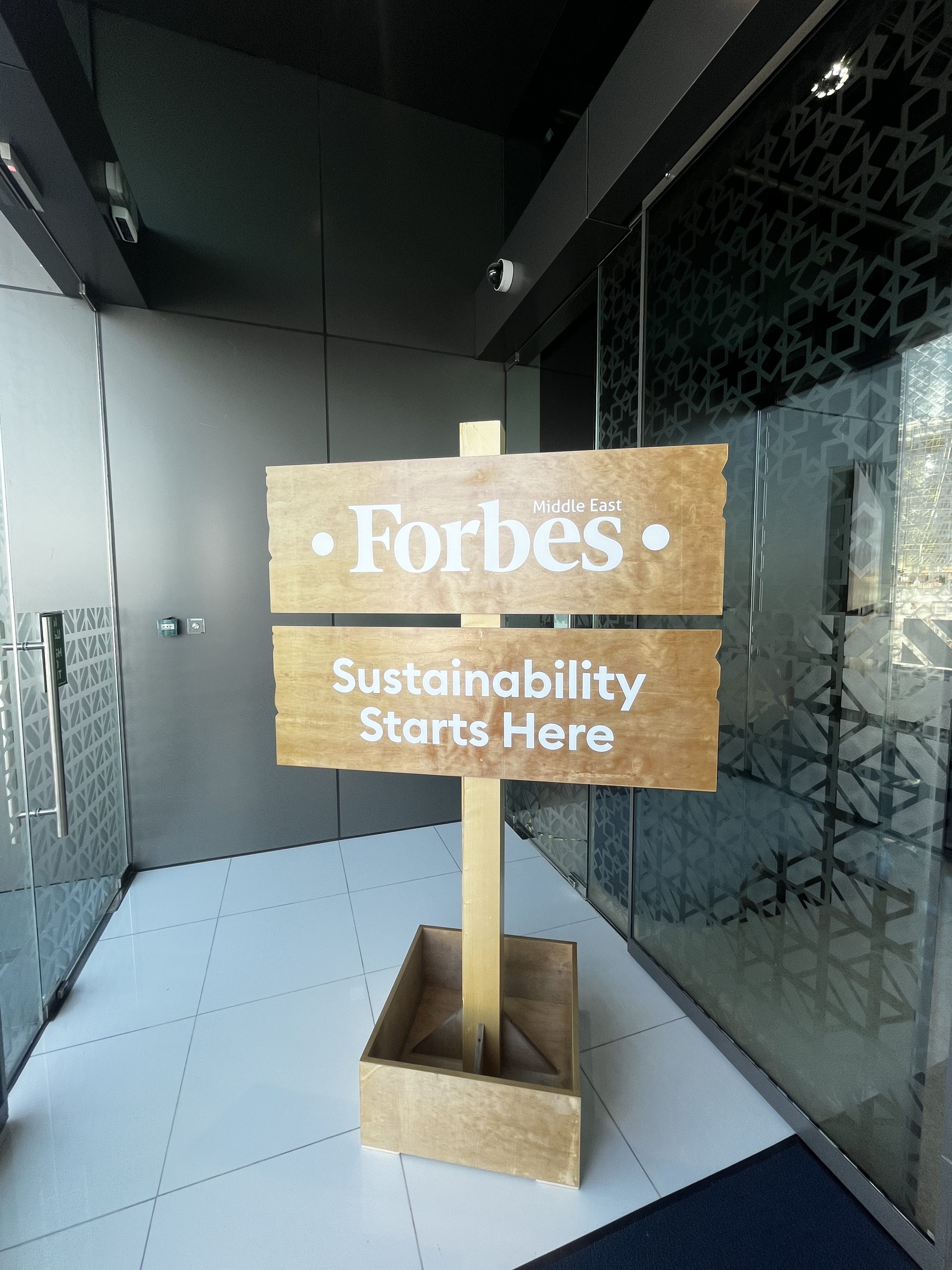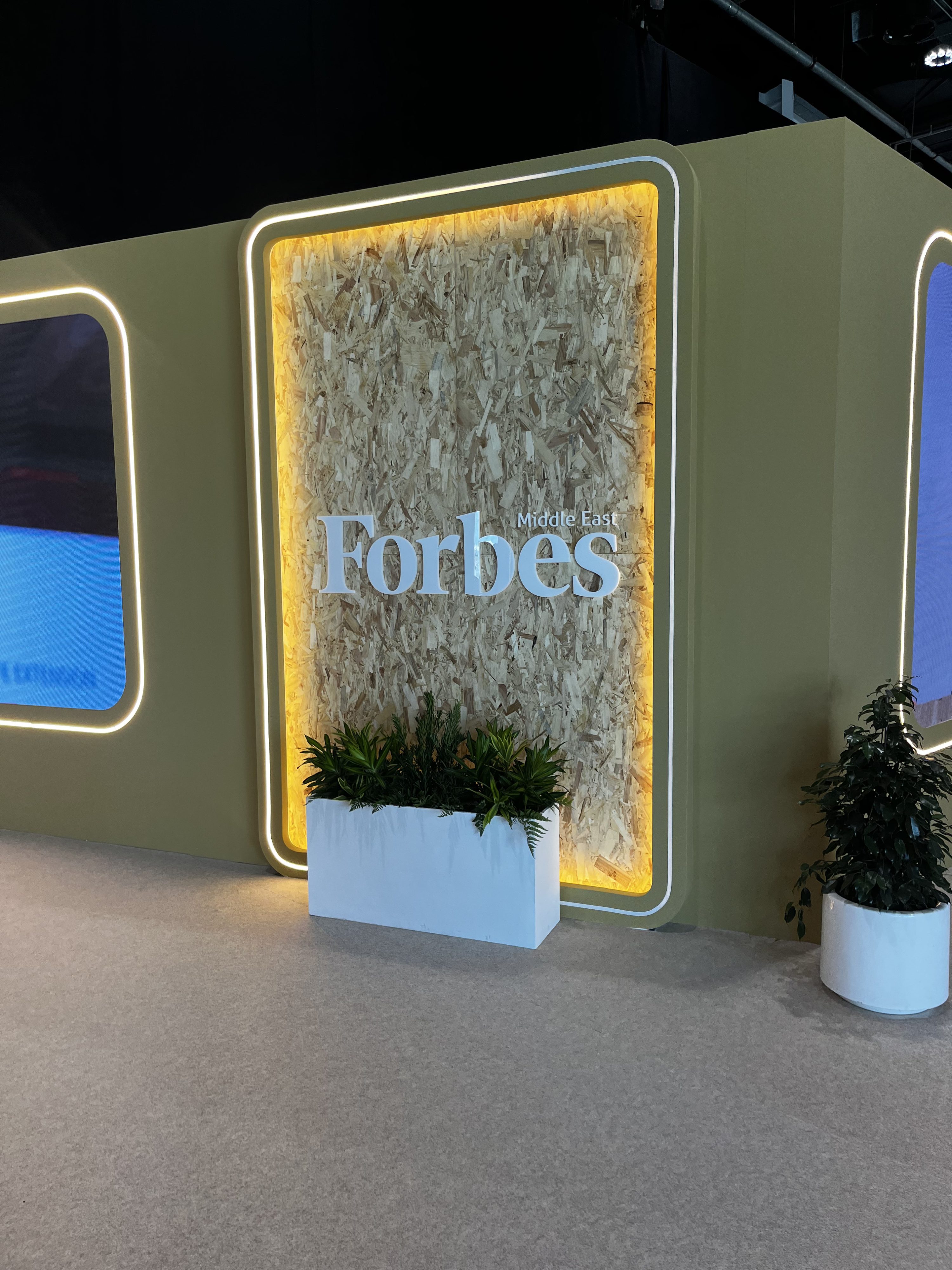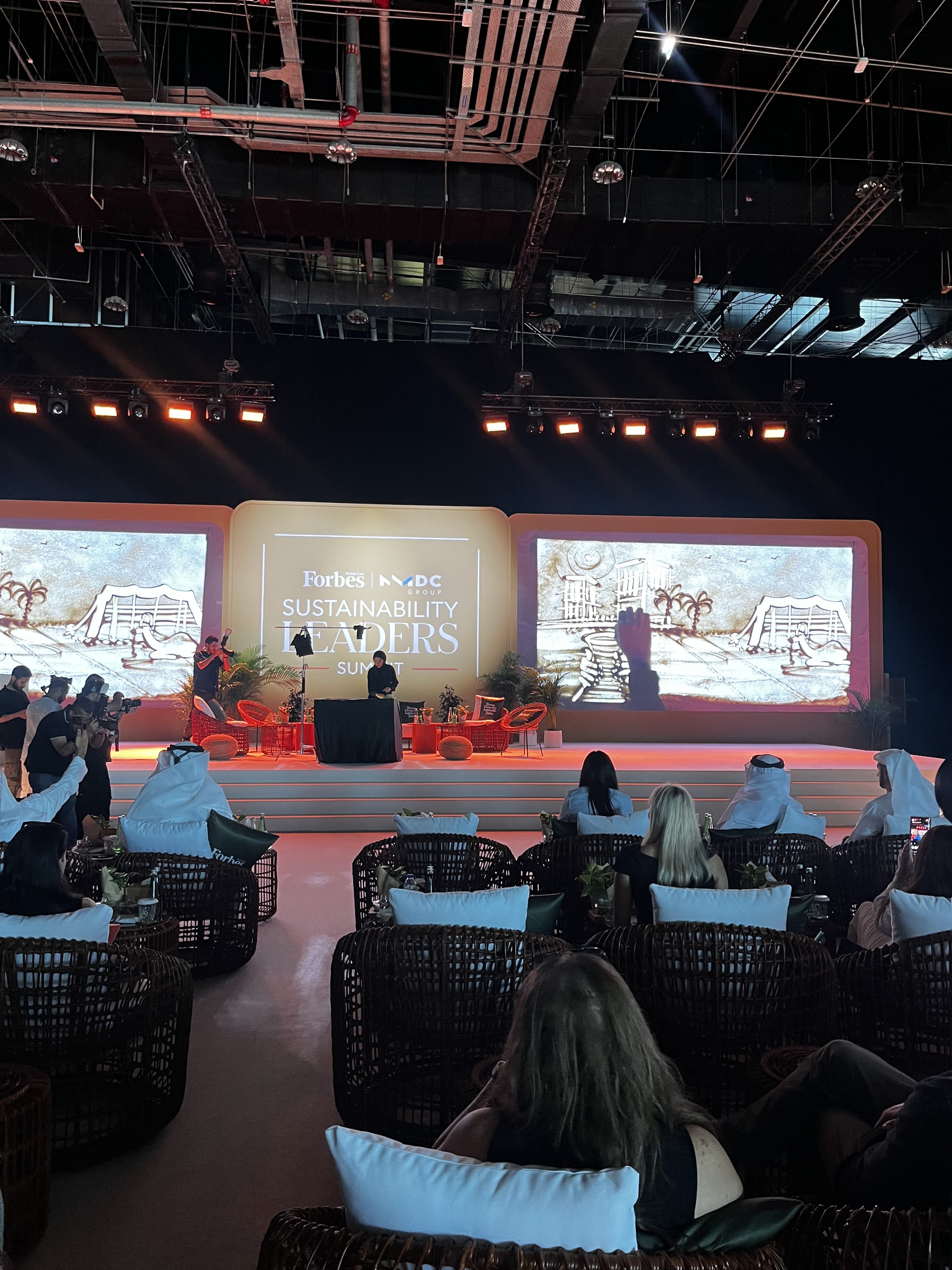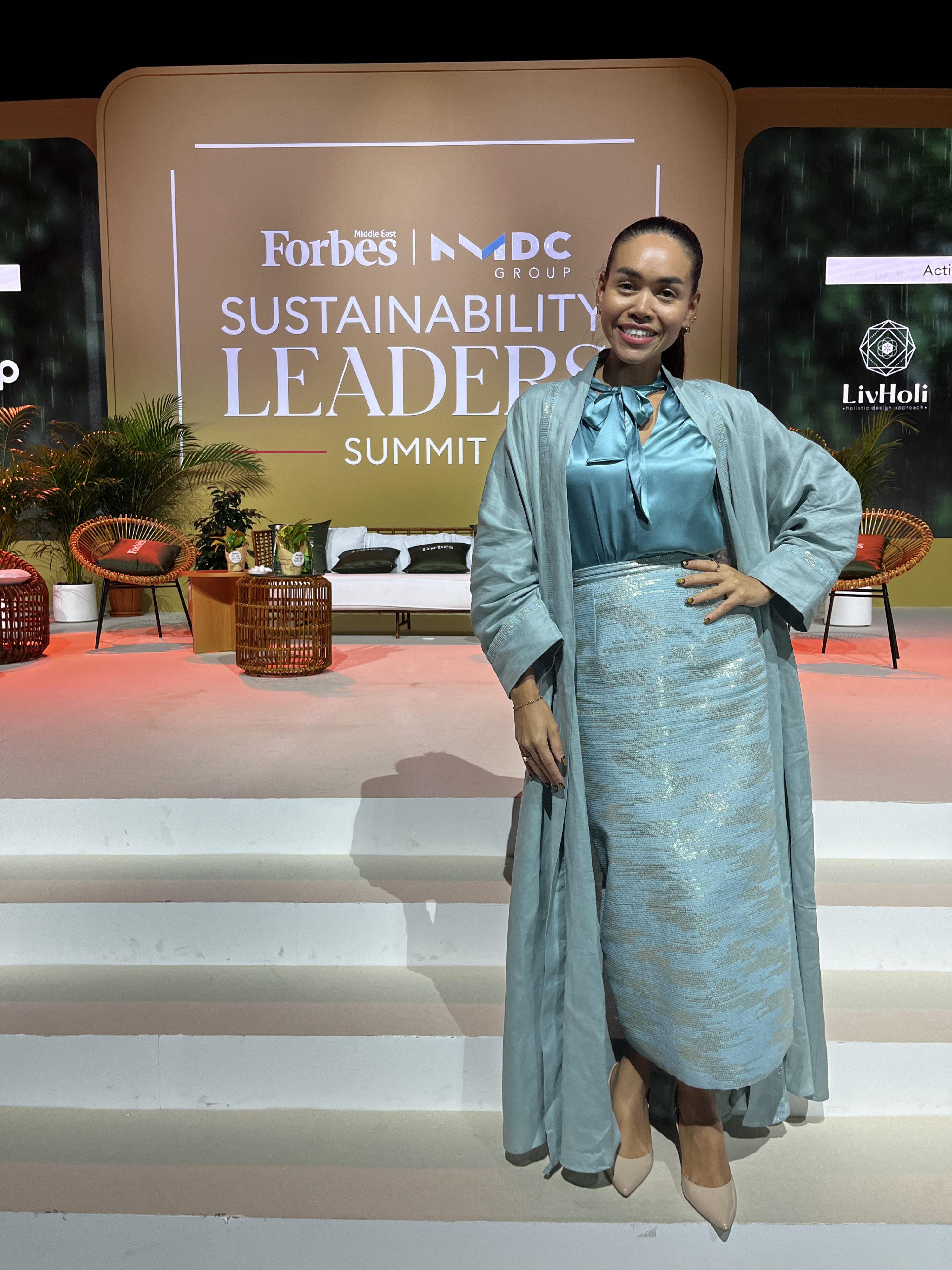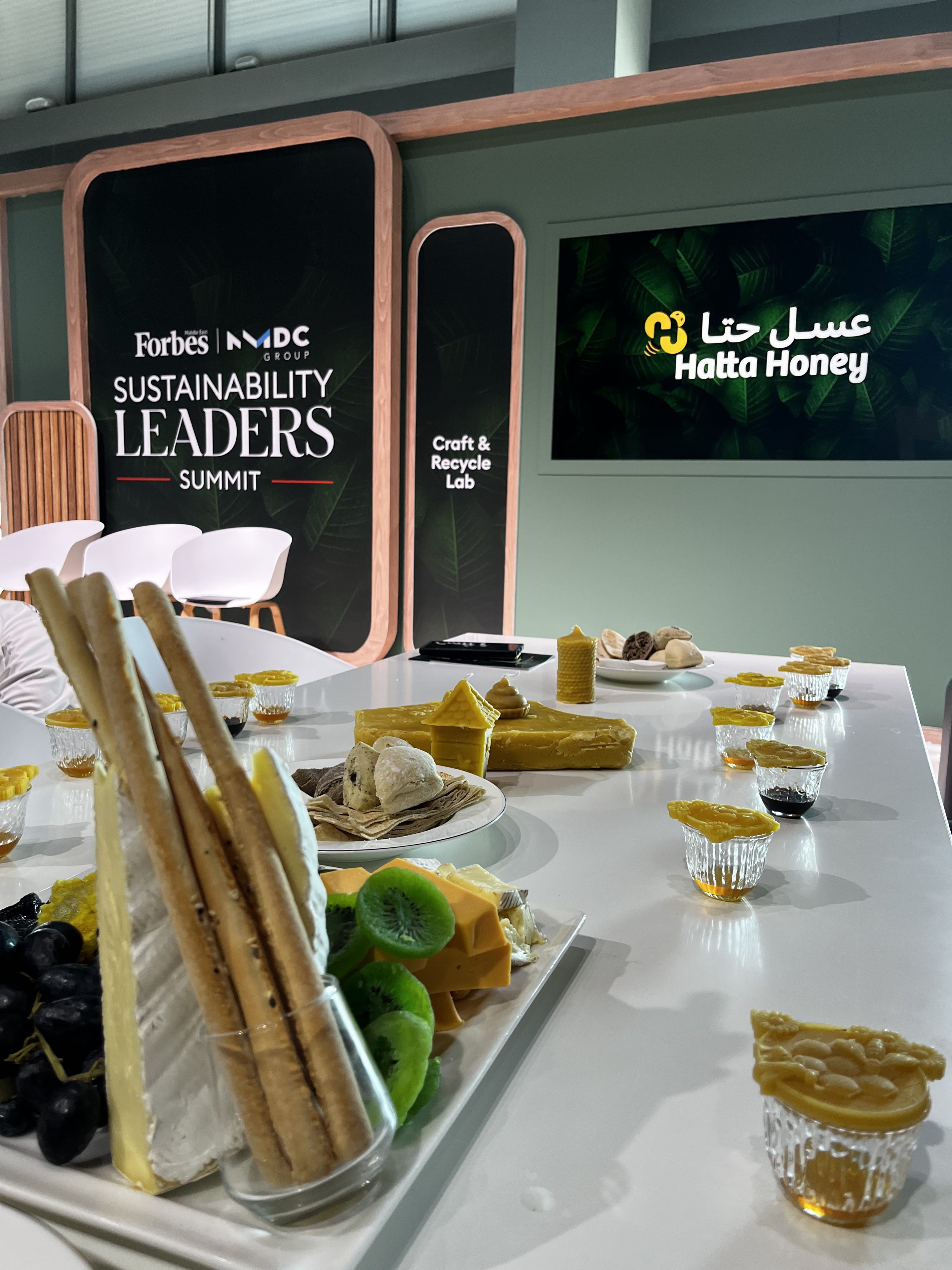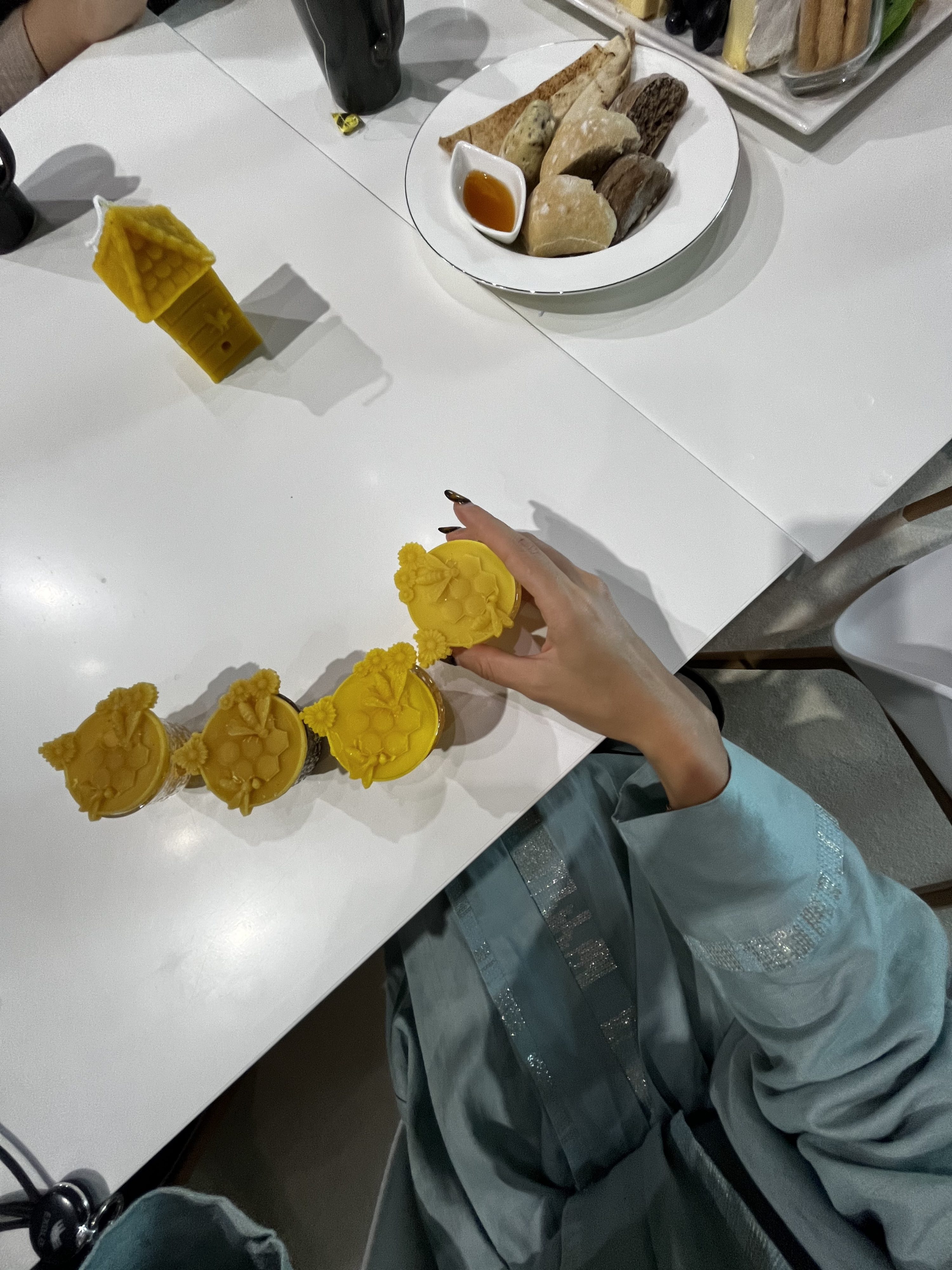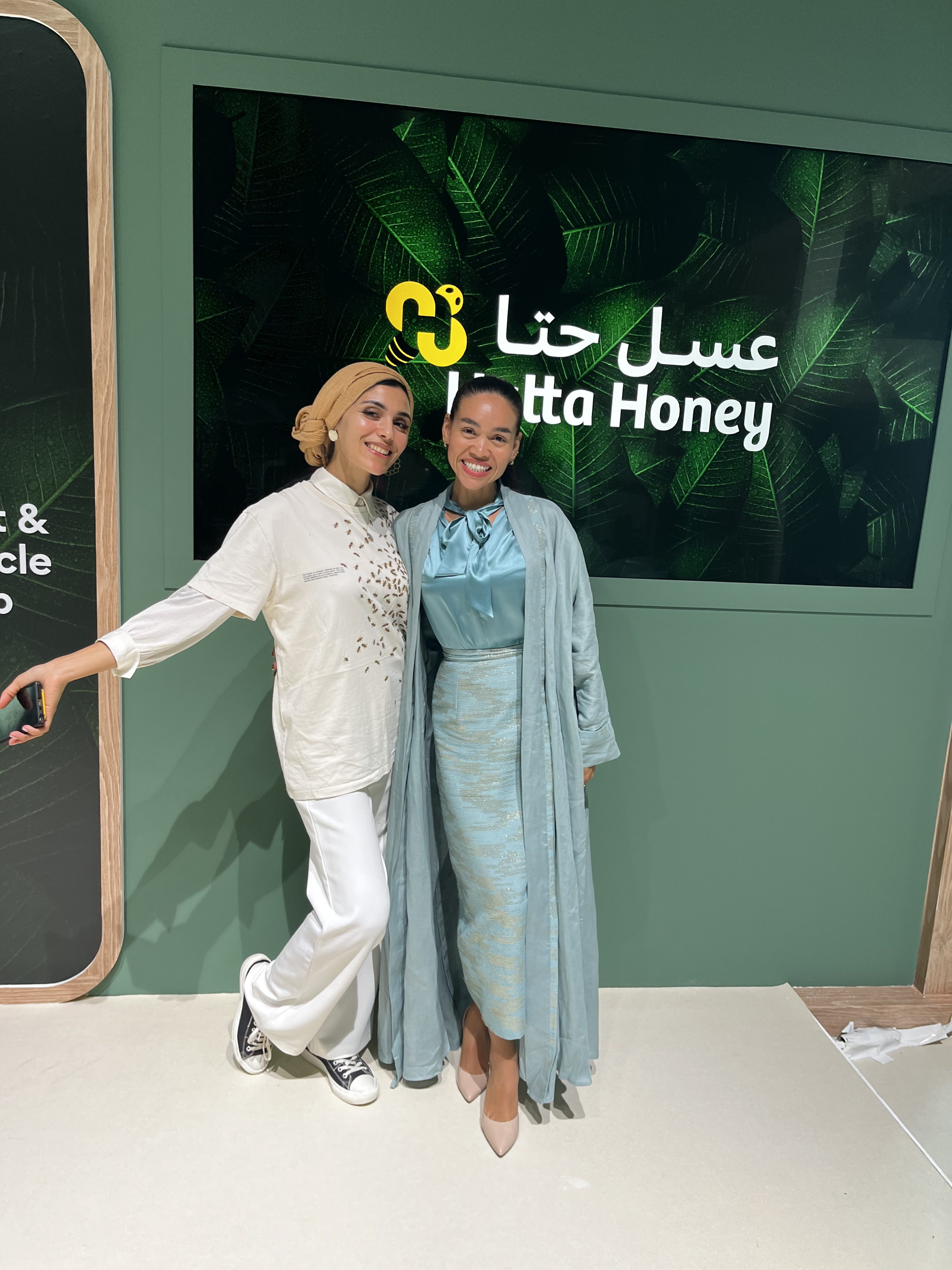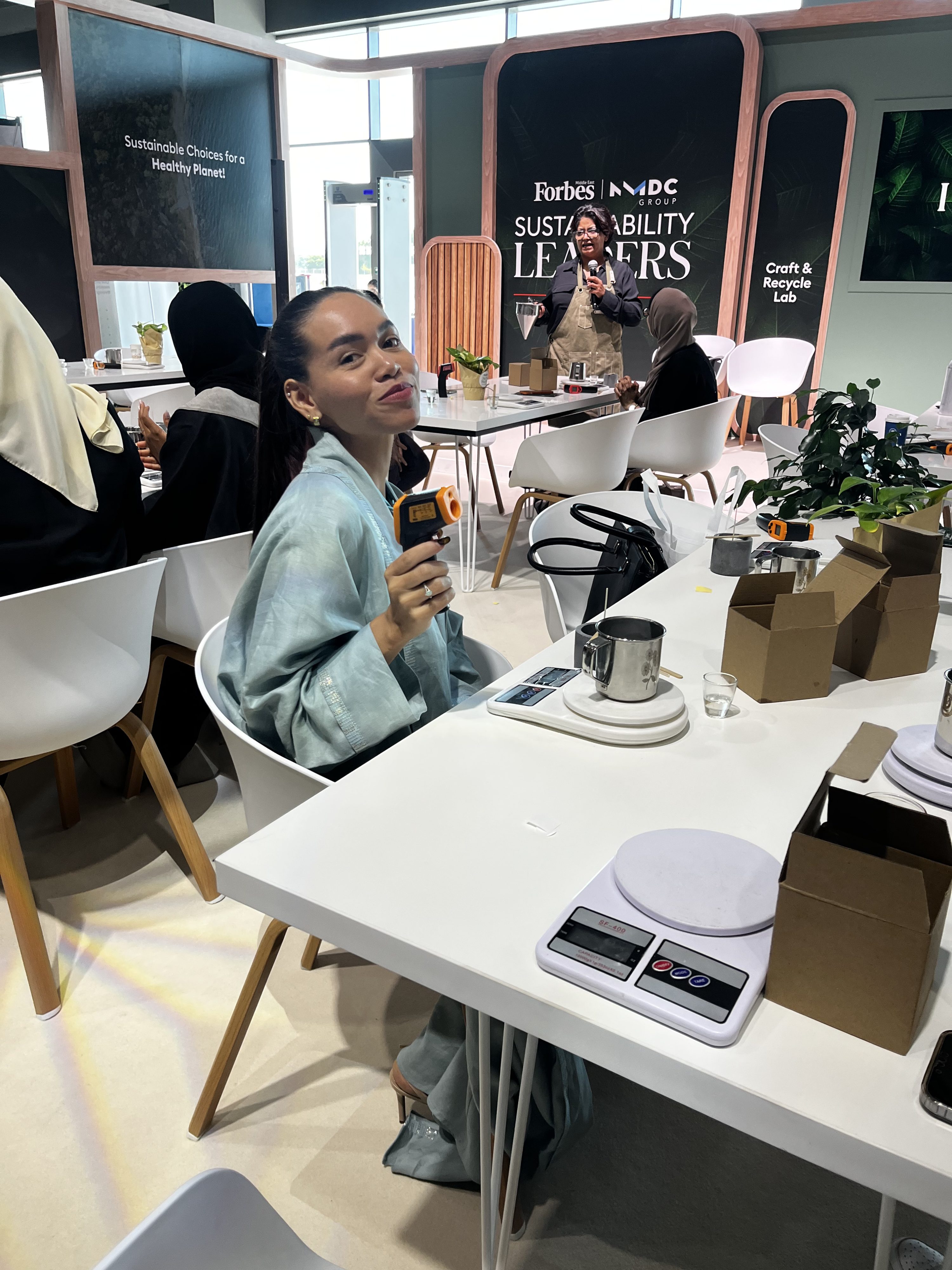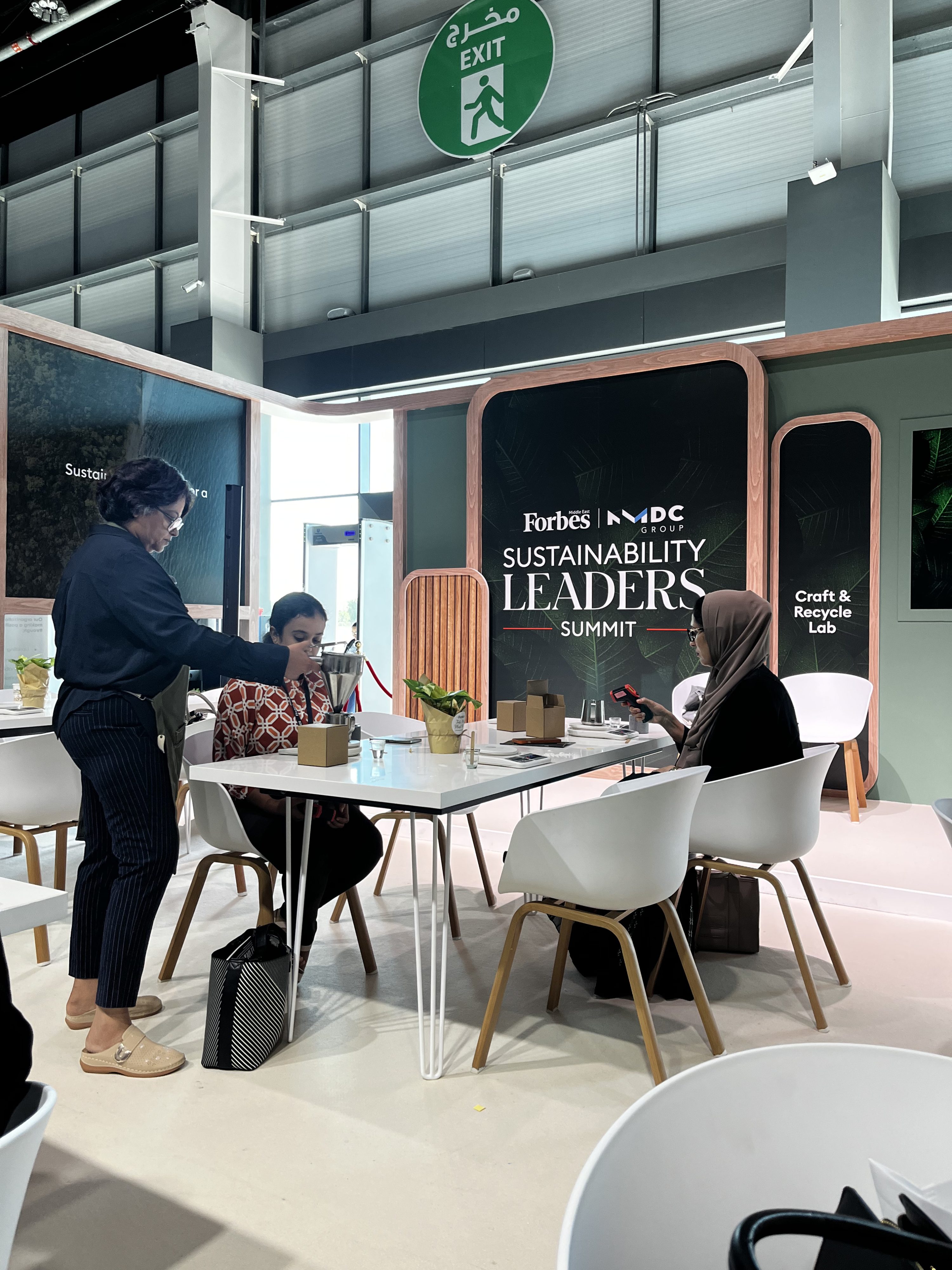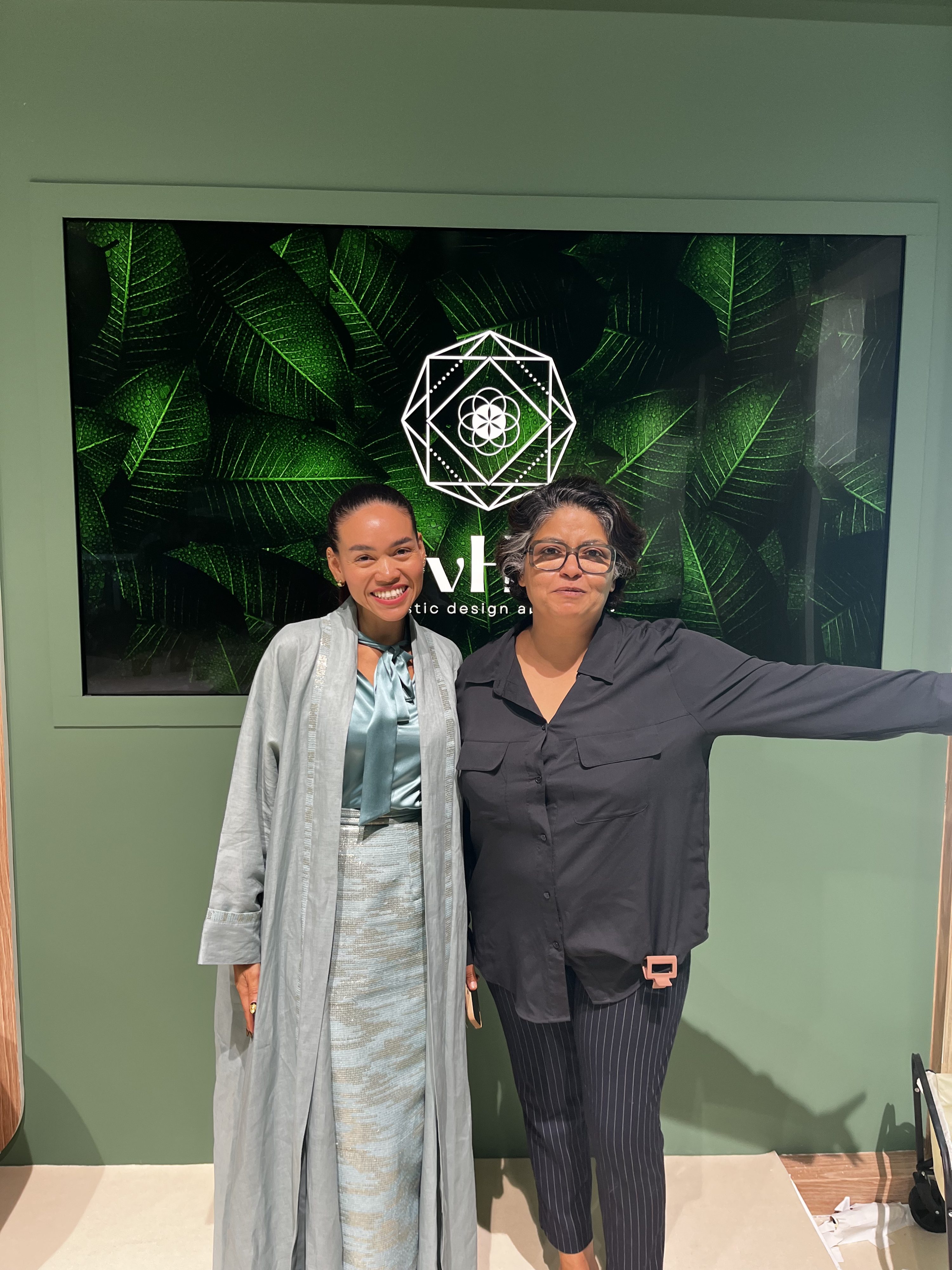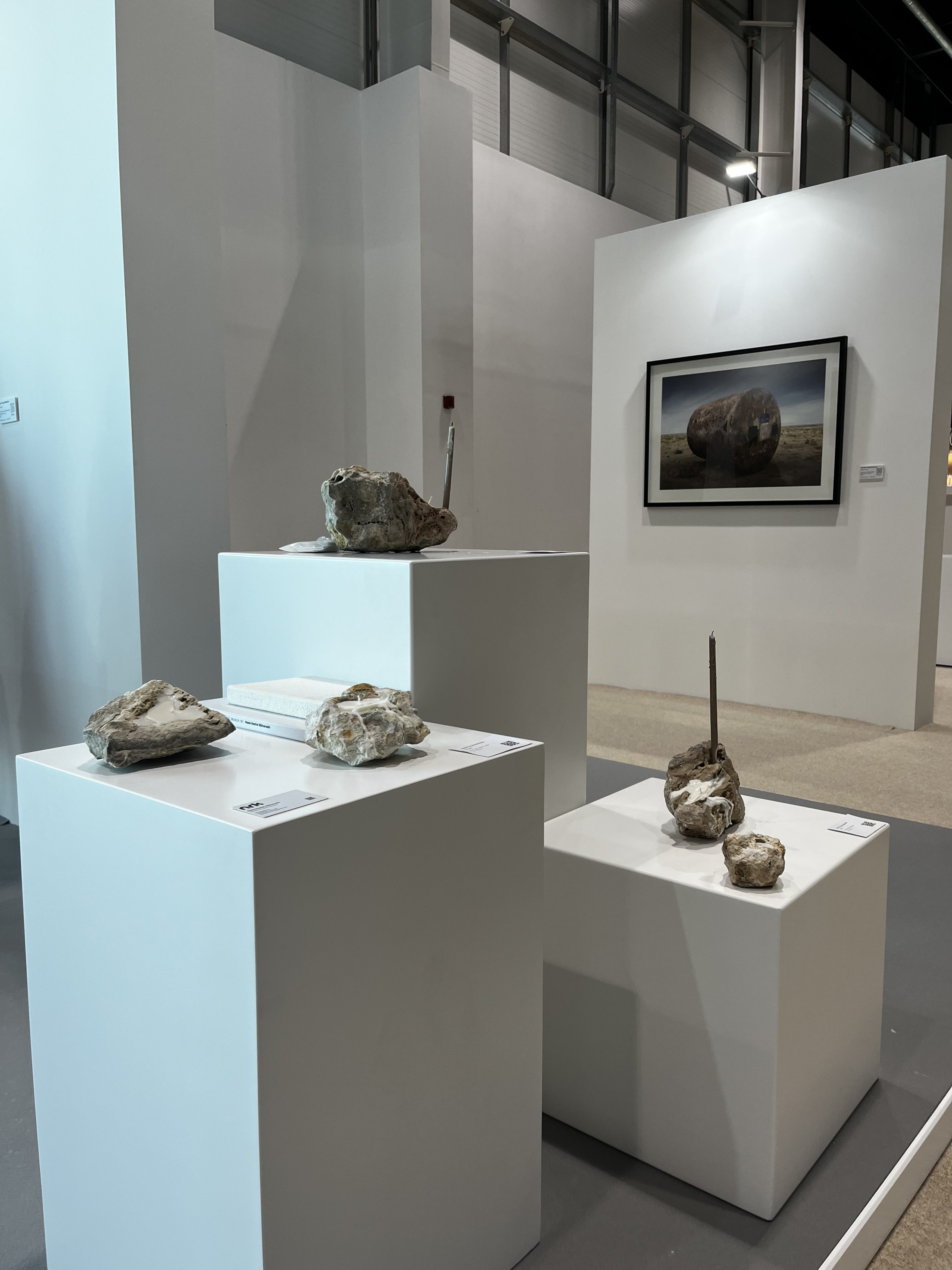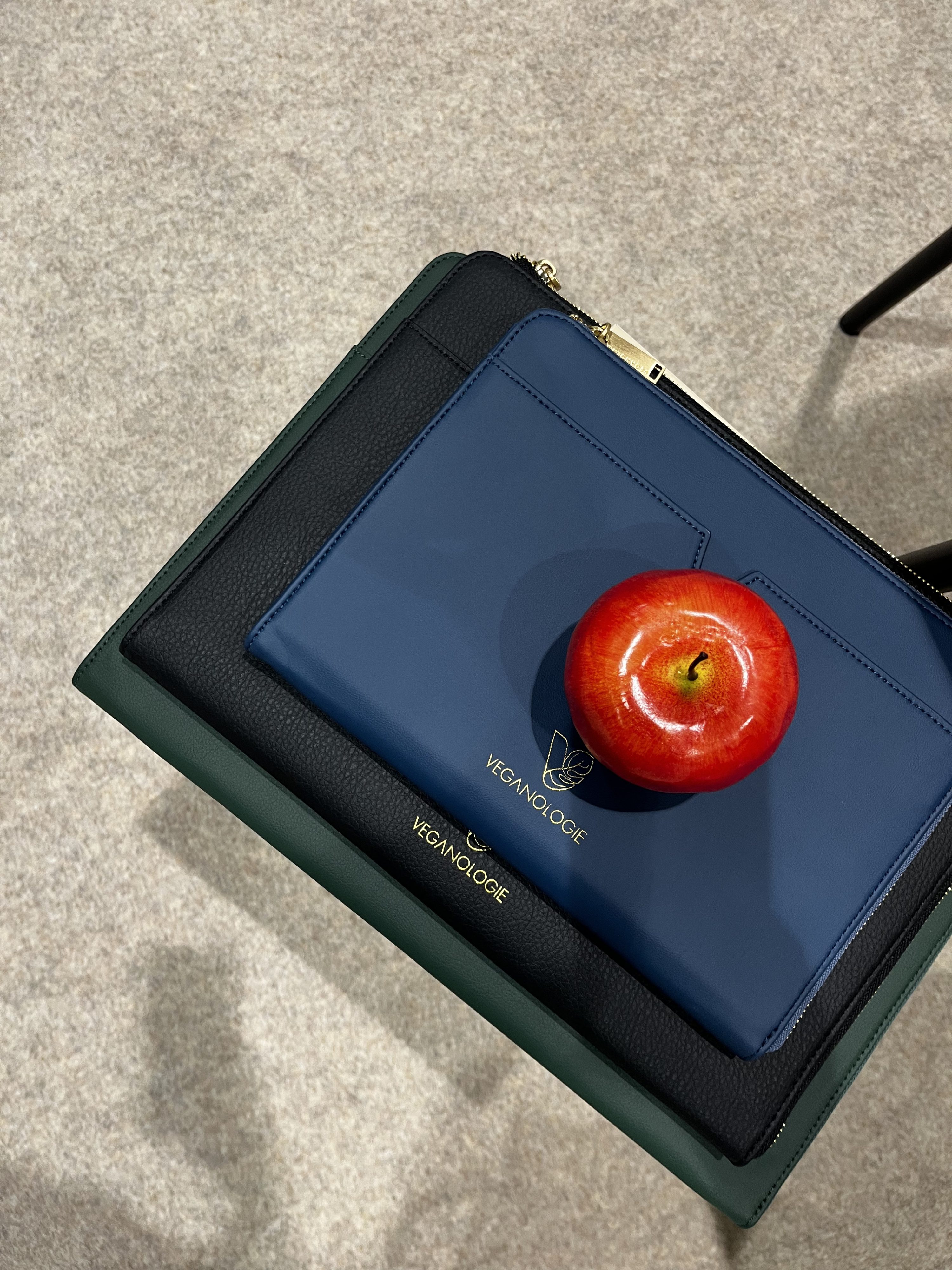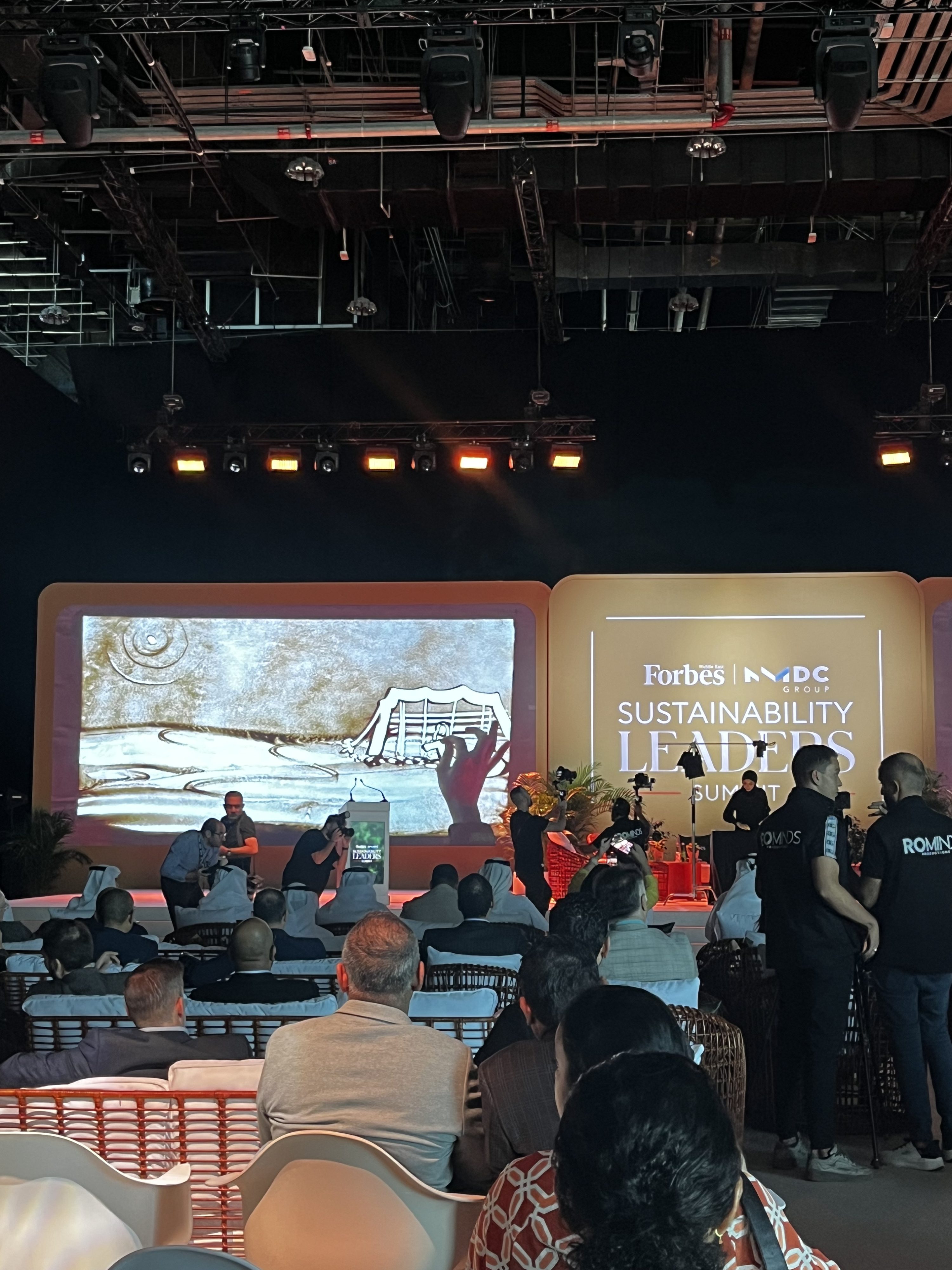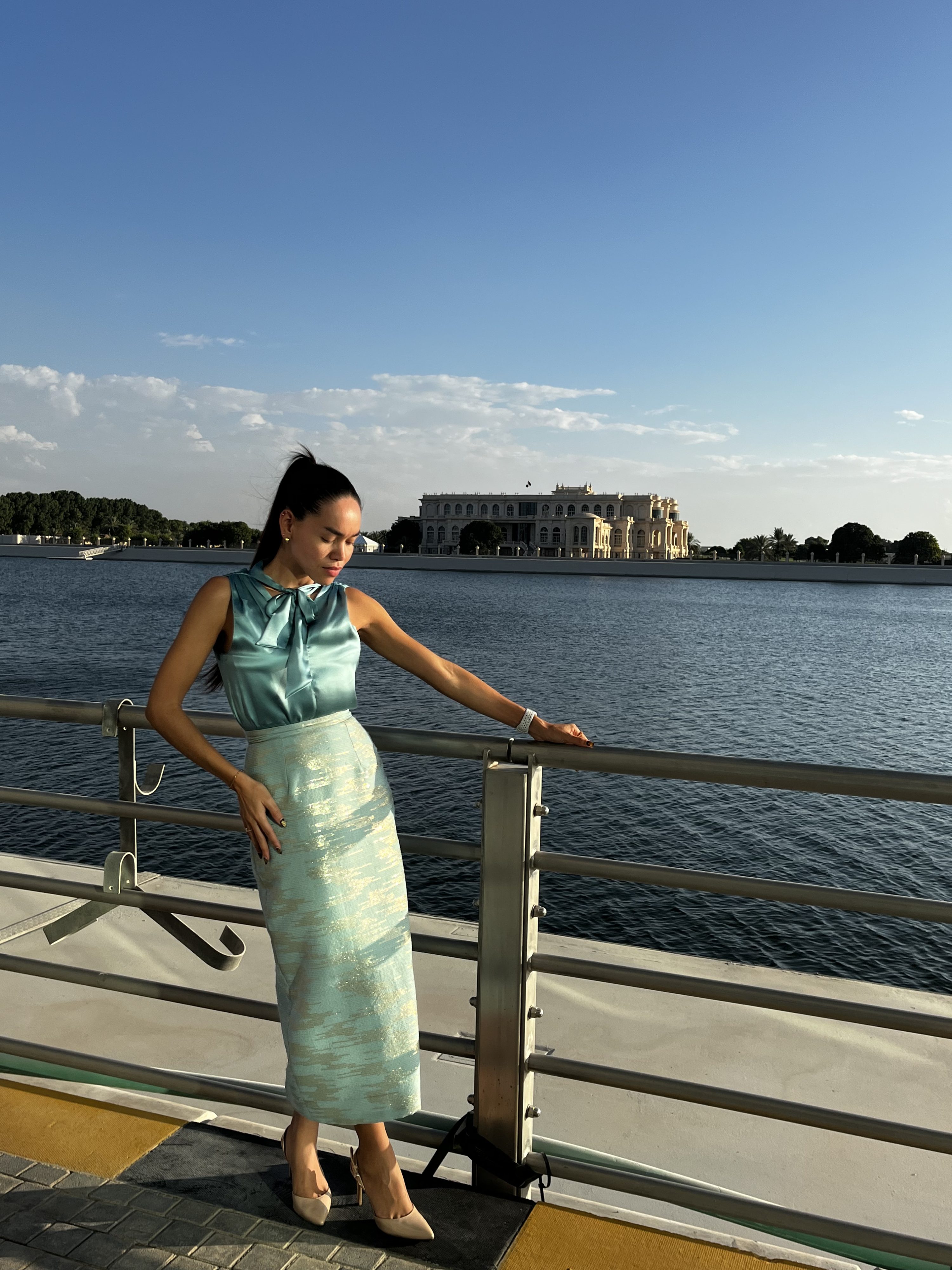The second edition of the Forbes Middle East Sustainability Leaders Summit, held from October 17 to 18, 2024, in Abu Dhabi, UAE, reinforced the region’s dedication to sustainable development. Set against the backdrop of the Marina Hall in the Abu Dhabi National Exhibition Center (ADNEC), the summit gathered top leaders, decision-makers, innovators, and environmental advocates to discuss pressing environmental issues under the theme “Shaping a Sustainable Tomorrow.” With H.E. Dr. Thani bin Ahmed Al Zeyoudi, UAE’s Minister of State for Foreign Trade, as the chair, this year’s summit focused on accelerating green practices, enhancing climate resilience, and fostering sustainable economic growth—each critical to reshaping the Middle East’s environmental and economic landscape.
As the Middle East confronts critical environmental challenges—water scarcity, climate adaptation, and food security among them—the summit spotlighted the need for immediate, region-specific action. Participants recognized that these issues aren’t isolated to the Middle East, drawing connections to the United Nations’ Sustainable Development Goals (SDGs) and upcoming COP28 objectives, where decarbonization and climate justice will dominate the conversation. The summit placed these goals at the heart of its mission, underscoring sustainability as an essential pillar in every societal and economic sector, including industry, infrastructure, education, and consumer behavior.
The event’s scope extended beyond national interests, reaching international relevance with its discussions on decarbonization, renewable energy, and biodiversity preservation. At a time when climate change mitigation has become crucial, this summit served as a platform for constructive dialogue, emphasizing the collective responsibility of individuals, businesses, and governments in the global sustainability movement.
While the summit provided a comprehensive schedule of panel discussions and keynotes, it was the hands-on workshops that allowed participants to see sustainability in action. Two workshops stood out: the Honey Workshop by Hatta Honey and a Candle-Making Workshop hosted by Innara UAE, each demonstrating how sustainability can be embedded into daily practices across various industries.

The Honey Workshop by Hatta Honey: Promoting Biodiversity and Eco-Conscious Practices
Established fourteen years ago, Hatta Honey has grown into the UAE’s largest honey producer, managing over 4,000 colonies and producing up to 20 tons of honey per season. The Honey Workshop invited participants to dive into the world of beekeeping, showcasing how crucial bees are to the ecosystem. The decline in bee populations due to factors like climate change, pesticide use, and habitat loss is a significant threat to biodiversity, making sustainable apiculture practices more essential than ever.
Participants learned about Hatta Honey’s dedication to preserving bee populations through chemical-free beekeeping and natural habitat preservation. These sustainable practices aim to prevent bee colonies from declining, supporting biodiversity and contributing to food security. Through careful beekeeping, Hatta Honey fosters a symbiotic relationship between agriculture and wildlife, reminding participants that bees are not merely honey producers but are integral to the ecological balance and human food security.
This workshop left a lasting impact, encouraging attendees to consider the broader effects of sustainable farming on biodiversity. Hatta Honey’s operations emphasized the importance of ecotourism as a tool for educating future generations, presenting apiculture as both a valuable industry and an ecological necessity.
Candle-Making Workshop by Innara UAE: Creating a More Sustainable Consumer Experience
The Candle-Making Workshop, organized by lifestyle brand Innara UAE, focused on sustainable craftsmanship within the consumer goods sector. Using eco-friendly materials like natural waxes and biodegradable packaging, participants learned how to make their own candles, challenging traditional perceptions about consumer products. Innara’s workshop not only guided participants through the technical process but also underscored the environmental implications of everyday items.
The typical candle-making process involves paraffin, a petroleum byproduct that emits harmful toxins when burned. However, Innara UAE’s commitment to sustainable practices extends to all facets of production, from eco-friendly wicks to recyclable packaging. The workshop illustrated how small, everyday products can contribute to a larger sustainability movement, encouraging attendees to reconsider their daily choices.
Innara’s emphasis on collaborating with local artisans and community engagement further demonstrated how consumer goods can be produced in a way that supports sustainability. Participants left the workshop with an understanding that sustainability is not limited to agriculture or energy sectors—it can and should permeate every industry, from wellness and beauty to home decor.
Driving the Sustainability Agenda in Business and Technology
One of the most prevalent themes at the Forbes Middle East Sustainability Leaders Summit was the integration of sustainability into business practices. With global consumers prioritizing eco-conscious brands, companies must align with sustainable values or risk losing relevance. Investors, customers, and employees increasingly seek businesses that are committed to environmental and social responsibility. The summit’s panels delved into this intersection of sustainability and business, highlighting how companies are turning environmental challenges into opportunities for innovation and growth.
The summit shed light on technology’s transformative power in driving sustainable practices. Cutting-edge technologies like AI, blockchain, and renewable energy solutions are redefining resource management, waste reduction, and energy efficiency. AI, for instance, is being used to optimize operations and minimize environmental impact by predicting demand, managing resources efficiently, and identifying ways to reduce waste.
Blockchain technology, known for its transparency, was also discussed as a solution for creating traceable and ethical supply chains. By ensuring that materials are sourced sustainably, businesses can build trust with consumers and create a culture of accountability. Furthermore, blockchain can improve transparency in emissions tracking, allowing companies to accurately report their carbon footprints and make data-driven decisions about reducing their impact.
Renewable energy was a focal point at the summit, with significant discussions on the UAE’s strides in solar and wind energy. Leaders recognized that while technological innovation is critical, cultural shifts toward greener practices are equally important. Sustainability must become embedded in organizational values and community mindsets if these technologies are to have a lasting impact.
The Middle East’s economic reliance on oil and gas has historically been a barrier to sustainable development. However, as demonstrated at the summit, the region is now undergoing an economic transformation led by initiatives like the UAE’s Net Zero 2050 and Saudi Arabia’s Vision 2030. These projects aim to diversify the economy, shifting it away from fossil fuel dependence while promoting renewable energy, sustainable urban planning, and eco-conscious practices.
At the summit, these national initiatives were examined through a global lens. Participants discussed how these forward-thinking programs could serve as models for other nations with similar climate and economic challenges. By prioritizing investments in solar and wind energy, as well as sustainable construction and water conservation, the UAE and Saudi Arabia are positioning themselves as leaders in the global sustainability movement.
The message throughout the summit was clear: the time for action is now. Climate change, resource depletion, and biodiversity loss are urgent issues that cannot wait. Every sector, from agriculture to fashion, must address its environmental impact to safeguard resources for future generations. But the summit emphasized that sustainability is not solely about the future—it’s about securing clean air, water, and food for present-day communities.
Sustainability also plays a crucial role in economic resilience, particularly as climate change creates new risks for industries worldwide. By embracing sustainable practices, companies and communities can build economies that are more adaptable to environmental challenges, ensuring that growth is both inclusive and resilient.
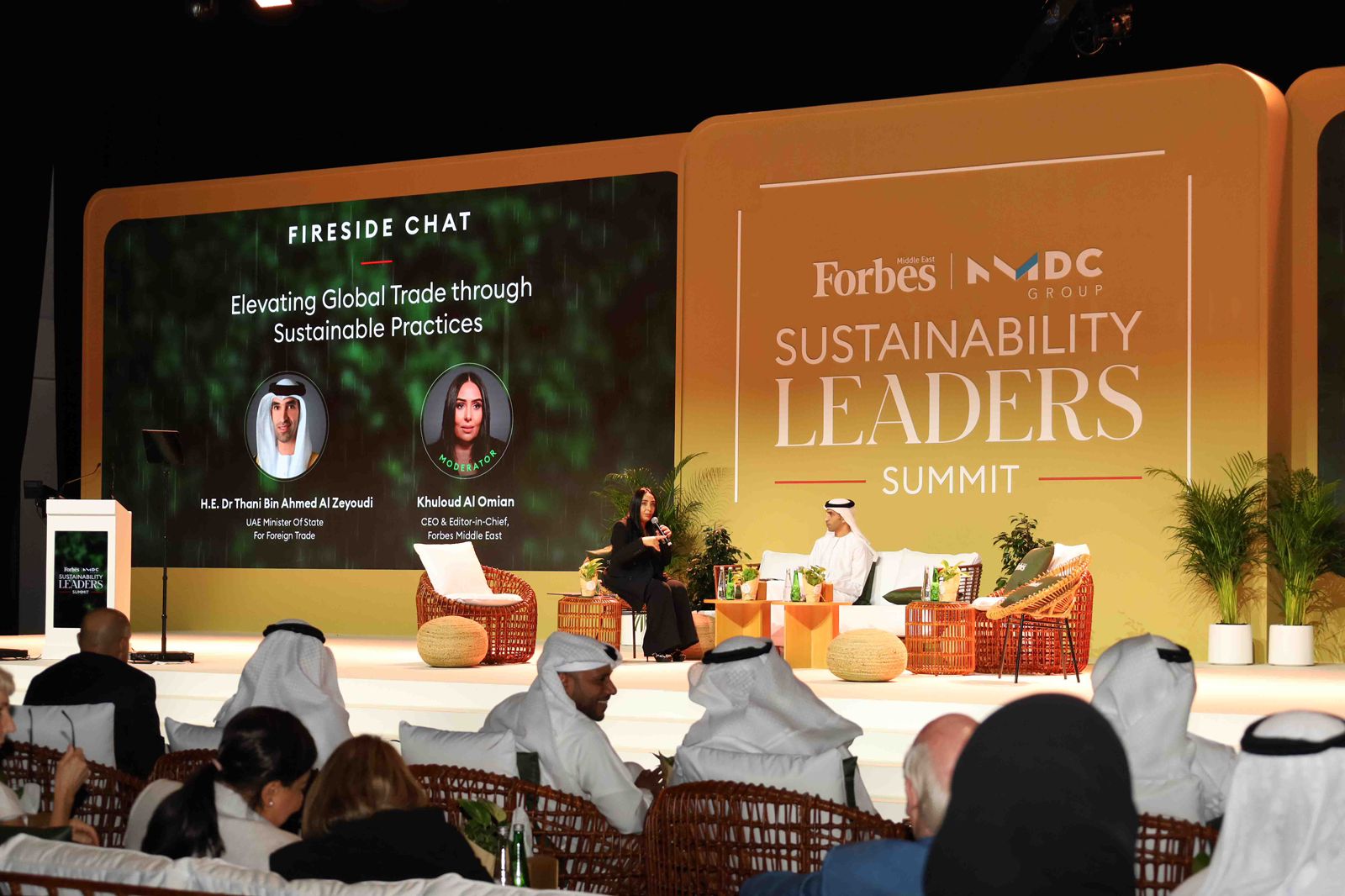
The Role of Individuals in Driving Change
While much of the summit’s focus was on corporate and governmental responsibilities, the importance of individual action was a recurring theme. Consumers wield considerable power through their purchasing decisions, making conscious choices that can encourage brands to adopt sustainable practices. From choosing eco-friendly products to reducing energy consumption, individuals have a role to play in advancing sustainability.
One memorable takeaway was that individuals can drive change by supporting companies and policies that prioritize the environment. In the context of the Middle East, this might mean favoring brands that invest in sustainable practices or advocating for local policies that support environmental protection. Individual actions, no matter how small, contribute to a collective impact that is essential for creating meaningful change.
The Forbes Middle East Sustainability Leaders Summit 2024 not only served as a powerful reminder of the urgent need for sustainability but also provided actionable pathways to achieve it. Through keynotes, panels, and hands-on workshops, the summit outlined a roadmap for businesses, individuals, and policymakers alike to contribute to a greener, more resilient future.
The Honey Workshop by Hatta Honey and the Candle-Making Workshop by Innara UAE were more than just educational activities—they were microcosms of the sustainability movement, demonstrating that environmentally friendly practices can be woven into the fabric of various industries. Both workshops showcased the importance of preserving biodiversity, reducing waste, and fostering community-driven initiatives.
As the world looks ahead to 2025 and beyond, it is crucial to maintain sustainability at the forefront of global discussions. Events like the Forbes Middle East Sustainability Leaders Summit play an essential role in catalyzing change, inspiring individuals and institutions to take action. However, the work does not end at the summit. The true impact will be realized through the decisions made in boardrooms, classrooms, and households worldwide.
From embracing renewable energy to investing in sustainable products, every choice matters in the journey toward sustainability. The conversations and commitments made at the summit serve as a call to action for all stakeholders to prioritize the planet’s health, recognizing that the future of our environment hinges on the collective actions we take today. Through a united, proactive approach, we can indeed shape a sustainable tomorrow, ensuring that future generations inherit a world that thrives in balance with nature.


